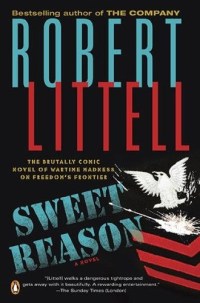My Friend Matt and Hena the Whore by Adam Zameenzad
 Monday, January 3, 2011 at 1:06AM
Monday, January 3, 2011 at 1:06AM 
First published in 1988
Adam Zameenzad's novel follows a 9-year-old boy, Kimo, and his friends Golam, Matt, and Hena, on their various journeys and adventures in war-torn African villages over the course of three years. Told from Kimo's point of view, the story is alternately hilarious and tragic -- similar, in that sense and in its poignancy, to What Is the What, although the story is quite different. Adam Zameenzad does a marvelous job of capturing a child's naive wisdom as he lets us see the world through Kimo's innocent eyes.
Kimo and his friends encounter missionaries, reporters, soldiers, beggars, relief workers, and revolutionaries as they travel from their small village to the big city and back. They are exposed to, but never quite understand: the religions of Christianity and Islam that seek to displace the village's native belief in spirits; the politics and corruption that underlie civil war; the magic of television and plumbing. As they cope with famine and violence and people who want to exploit them, they respond with resilience and humor and generosity of spirit.
Zameeenzad's short, powerful novel tells a magical, life-affirming story about kids surrounded by love and death. It deserves a wider audience.
RECOMMENDED



